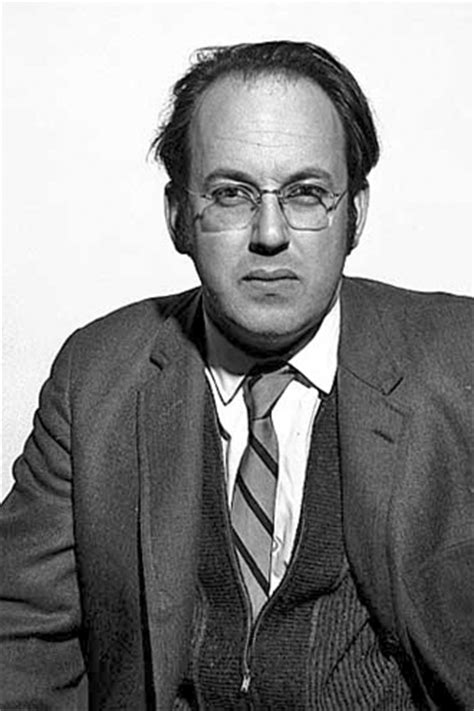A Quote by Johan Huizinga
The content of the ideal is a desire to return to the perfection of an imaginary past.
Related Quotes
It has been the resolution of mankind in all ages of the world. No people, no age, ever threw away the fruits of past wisdom, or the enjoyment of present blessings, for visionary schemes of ideal perfection. It is the knowledge of the past, the actual infliction of the present, that has produced all changes, all innovations, and all improvements - not (as is pretended) the chimerical anticipation of possible advantages, but the intolerable pressure of long-established, notorious, aggravated, and growing abuses.
PERFECTION, n. An imaginary state of quality distinguished from the actual by an element known as excellence; an attribute of the critic. The editor of an English magazine having received a letter pointing out the erroneous nature of his views and style, and signed "Perfection," promptly wrote at the foot of the letter: "I don't agree with you," and mailed it to Matthew Arnold.
But the past does not exist independently from the present. Indeed, the past is only past because there is a present, just as I can point to something over there only because I am here. But nothing is inherently over there or here. In that sense, the past has no content. The past - or more accurately, pastness - is a position. Thus, in no way can we identify the past as past
When you train as a dancer, you understand you have to work exceptionally hard. I think dancers are the hardest - working people in show business. You have to push your body beyond where you thought it could go. It's athleticism. Perfection doesn't exist, but with classical ballet, there is an ideal, and I got obsessed with that ideal. In some ways, it was problematic because I don't have an ideal ballet body, but the discipline is what I carry with me to this day. That's my park, the discipline of dancing.







































